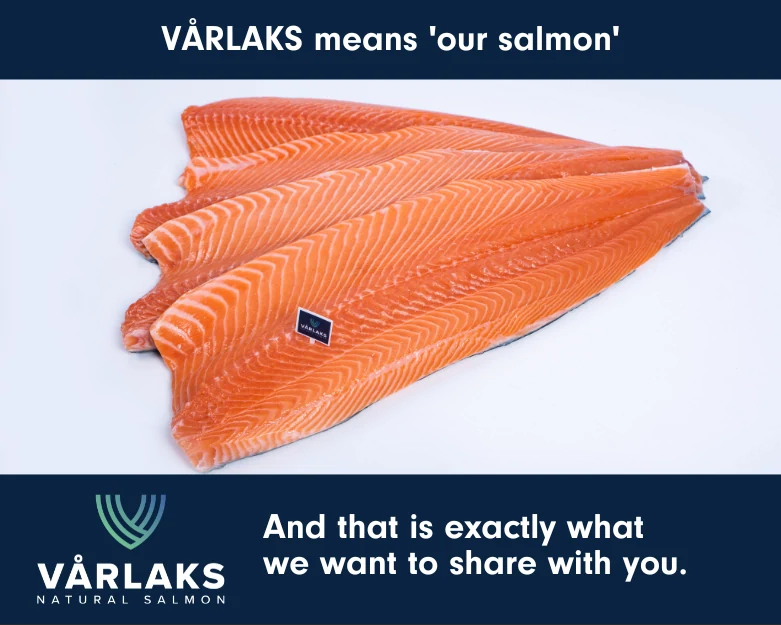Land-based salmon aquaculture is seen as a more sustainable alternative by those opposed to ocean-based salmon farming, but a group of US conservationists and scientists have gone public with their doubts.
In a commentary they penned in The News From The States publication, a group of nine environmental advocates and scientists said the US State of Maryland erred in allowing Oslo-based AquaCon to proceed with its $300-million land-based salmon operation in the state.
AquaCon plans to produce around 50,000 tons of Atlantic salmon (HOG) in three phases over the first six years of operations in the town of Federalsburg. It said the facility will have the potential to expand production to more than 100,000 tons. It chose Maryland for its four-hour trucking distance to more than 70 million customers.
The company received a wastewater permit – the first of many – from regulators on August 5, but the group said the granting of the permit is “grossly deficient.”
The amount of water and land required to raise salmon on land is a black mark against land-based aquaculture, as are the significant amount of energy and natural resources it takes to raise salmon on land compared to its natural environment. According to the International Salmon Farmers Association, growing 75,000 tons of salmon in a 99-percent RAS system would require 4.16 billion litres of water just to fill the tanks.
In their commentary piece, titled “AquaCon’s Proposed Industrial Salmon Farm Represents a Major Environmental Risk for Maryland,” the group questioned facets of the company’s plan and the operation’s overall impact on ecosystems.
Among them are the plans to extract 2.3 million gallons of water from underground aquifers and dump the same amount into Marshyhope Creek each day. They allege that authorities have not studied these plans closely prior to issuing the permit, and simply making comparisons to a similar permitted operation in Belfast, Maine is not enough, they said.
Others ‘have not panned out’
The group also challenged not only AquaCon’s ability – but that of land-based aquaculture as a whole – to deliver on the promises of sustainable indoor salmon farming and potential to deliver economic benefits. Operating an indoor salmon farm is more than three times as expensive than operating a traditional ocean-based salmon farm, according to SINTEF and The Freshwater Institute.
Similar projects elsewhere in the United States “have not panned out,” the environmental advocates wrote. They cited specifically the troubles that have dogged Atlantic Sapphire’s Miami operations and the lacklustre market reception to its land-based salmon production.
“The nascent indoor salmon farming industry has been plagued by mass die-offs of fish, lackluster consumer support, and in one case a catastrophic fire that destroyed an industrial salmon production facility in Demark.”
The risks are great
“Taken together, the risks posed by this speculative business proposition are great. If Maryland is really interested in enabling farm-raised salmon production on the Shore, state regulators need to do more to protect surrounding communities, guarantee pollution in local waterways won’t get worse, and find a site that doesn’t directly threaten the endangered Atlantic sturgeon.”
They called on the local community to attend a public hearing on the project this Wednesday.
In an emailed comment to SalmonBusiness, AquaCon CEO Pål Haldorsen said: “We can assure that AquaCon is very aware of the importance of protecting the aquatic and estuarine environments. AquaCon is committed to our farms having a minimal impact on the environment, in this case the nearby Marshyhope Creek.”
He decided not to give in-depth comments before the hearing takes place this coming Wednesday.









